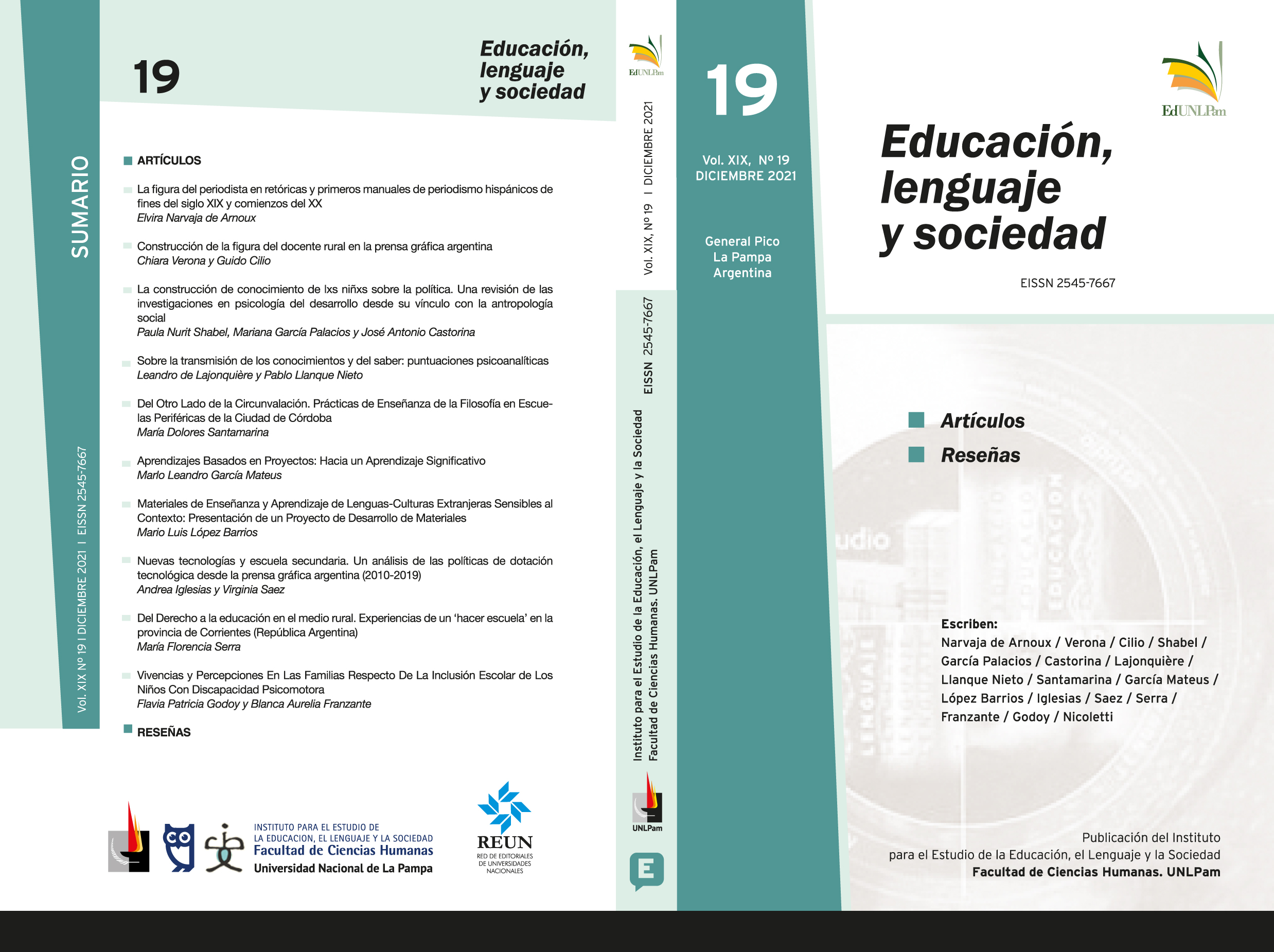The figure of the journalist in hispanic rhetorics and early manuals of journalism of the late 19th and early 20th centuries
Keywords:
glottopolitics, rhetorics, manuals of journalism, professional journalist, journalistic writingAbstract
The expansion of the printed media in the 19th century led to the subject of journalistic writing being included in manuals of rhetoric intended for use at secondary schools and the formation of the new elites. The development of the industrial press and its requirements in the late 19th century triggered the production of manuals of journalism, which were to be the forerunners of subsequent style guides. The target readers of these manuals were professional journalists and different actors involved in printed media activities. Thus, these manuals reveal the transition of newspapers from publishing opinion pieces to publishing information, and from a culture of elites to a culture of masses. They also provide a record of the unstable employment situation of journalists. This article inquiries these transformations and how manuals of rhetoric and manuals of journalism – during the time they coexisted – considered the specialization of journalists, the scope and limits of the moral dimension of professional practice, and the diversity of genres addressed by newspapers.






21.png)







